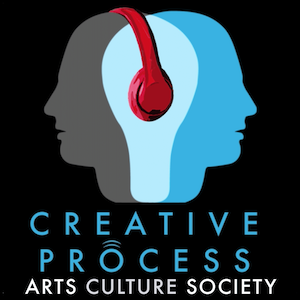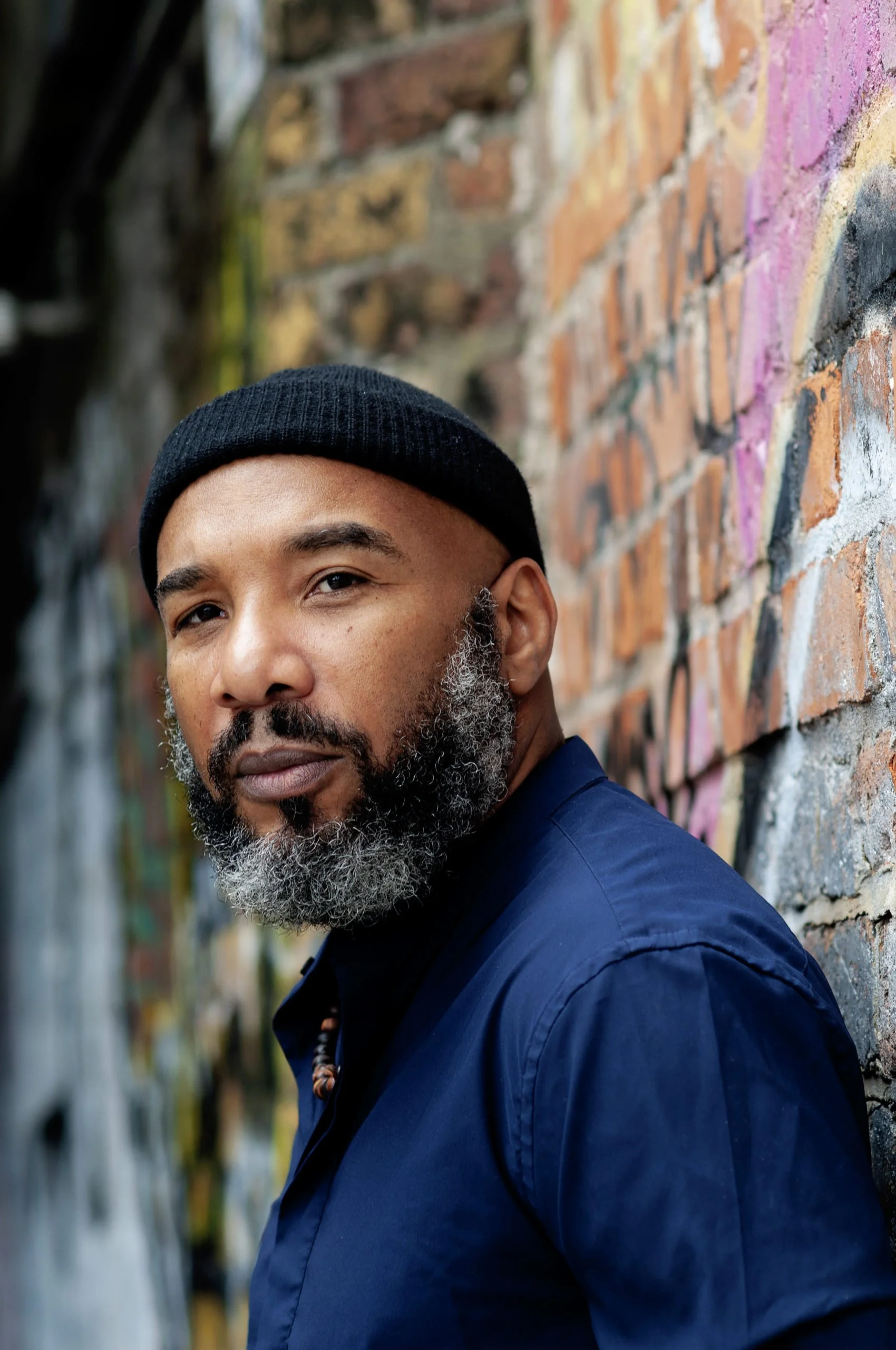Aniela Unguresan is Co-founder of EDGE Certification, the leading global assessment methodology and business certification standard for gender equality. Launched at the Annual Meeting of the World Economic Forum in 2011, EDGE Certification measures where organizations stand in terms of gender balance across their pipeline, pay equity, and effectiveness of policies and practices to ensure equitable career flows, as well as the inclusiveness of their culture. EDGE Certification has been designed to help companies not only to create an optimal workplace for women and men, but also to benefit from it. EDGE stands for Economic Dividends for Gender Equality and is distinguished by its rigor and focus on business impact. Their customer base consists of 200 large organizations in 50 countries across five continents, representing 30 different industries.
Prior to co-founding EDGE Certified Foundation, Aniela acquired extensive professional experience as a consultant with Arthur Andersen and Andersen Consulting, as a trader and project manager with TXU Europe and SIG Geneva, and as the CEO of CT Technologies.
THE CREATIVE PROCESS
Tell us a little bit about the creation of the EDGE Certification and how you really connect the dots to improve workplace culture and accelerate progress towards, gender equity, and diversity?
ANIELA UNGURESAN
I co-founded what has become EDGE for gender and intersectional equity back in 2009, and at that time workplace gender and intersectional equity were still very much seen as a societal issue rather than a business issue. Organizations were asking themselves if it's within their role to tackle these issues of equity, diversity, and inclusion in the workplace, or if they are the mere recipients of what is going on in societies, following the beliefs around what men and women should be doing at work and at home.
So at that time we wanted to contribute to this transition from making gender and intersectional equity a business issue and help organizations see that how they manage their talent and how they are able to attract, develop, motivate, and retain diverse talent is a key component of their sustainable business success.
I think that one of the things that it's very important is not to let anybody decide or limit what you want to be, what you want to study, the kind of career that you want to pursue, how you want to identify yourself. Nobody, no institution, no culture, no society should limit you in your ability to do so.
I think that what is really important on this journey is to understand when we talk about gender and intersectional equity - and yes, gender is that element that is the most universal across different geographies. So for organizations that are present across many different countries and many different continents, there will be one backbone which will be gender, the binary definition, to which they will be adding other aspects of the broader diversity spectrum based on the specificities of the countries of operations. For example, L'Oréal in the U.S., they look at the intersection between gender, race, and ethnicity. We have organizations in Europe that are very often looking at the intersection between age, gender, and sexual orientation. In Southeast Asia, sexual orientation and working with a disability are definitely emerging topics.
So allowing ourselves this flexibility in saying we have a solid backbone - which is the one that can be legally measured and tracked across all geographies - which is the gender binary. And on this, we will be building this intersectional view with other beautiful characteristics that compose us as individuals. Having this flexibility allowed organizations such as L'Oréal, but then also some other institutions that we are working with within the UN system or international finance institutions, such as the IMF or the World Bank, to add different intersectional lenses to their gender binary approach.
*
So organizations like UNICEF have been embedding these values of diversity, equity, and inclusion for a very long time. So UNICEF was certified at the second level of certification EDGE Move, hat already showcases very strong progress, but what is really important with this increased scrutiny of external stakeholders, it's not enough to get the job done, but it's also important to make that work visible and credible. So for some of the organizations such as UNICEF that have been on the path for a very long time, this element of getting some sort of a third party view and objective review of where they stand and being able to prove to their multiple stakeholders that their progress is genuine is also a very important part of the solution.
*
I think that what is fascinating to see across industries and across geographies is how this diversity of talent contributes to the value creation in organizations, whether they are for-profit or not-for-profit, and how it creates the value or adds to the value creation process also by improving the employer value proposition, by enhancing the brand of the organization beyond the very straightforward talent management approaches. We all know organizations are made by people, and the quality and the depths of the talent pool it's a very, very intimately related to the bottom of the organizations. So. to come back to what you have said. I think that what we are seeing is that when we work with organizations, we measure, so the framework EDGE's framework measures where organizations are in terms of representation, in terms pay equity, in terms of effectiveness of policies and practices to ensure equitable career flows. And in terms of the inclusiveness of the culture.
*
For a very long time, the tech industry was publishing their numbers year after year, and the numbers stayed very much the same. And they were throwing their hands in the air and saying, 'Well, okay, we are measuring. We are publishing the numbers, numbers look bad. There's nothing we can do about it.' So there was transparency, but there was not the accountability of yes, there is something we can do about those numbers. It might take longer, and the progress might not be as fast as we can do, but there is something we can do about it. And here is the place we would start. But when the stakeholders start to have a voice then that accountability is created for organizations to move from intention to action and from action to impact.
*
I think that one of the things that it's very important is not to let anybody decide or limit what you want to be, what you want to study, the kind of career that you want to pursue, how you want to identify yourself. Nobody, no institution, no culture, no society should limit you in your ability to do so. And I think that we live in a world of choices, and choices are available, and information to make choices that suit us is available. And that will create more transparency, and that will create more accountability. So staying alert, staying aware, and staying informed – and push back when something is not as we would wish it to be, or it doesn't feel right to us.
This interview was conducted by Mia Funk and Sydney Field with the participation of collaborating universities and students. Associate Interviews Producer on this podcast was Sydney Field. Digital Media Coordinators are Jacob A. Preisler and Megan Hegenbarth.
Mia Funk is an artist, interviewer and founder of The Creative Process & One Planet Podcast (Conversations about Climate Change & Environmental Solutions).



















































